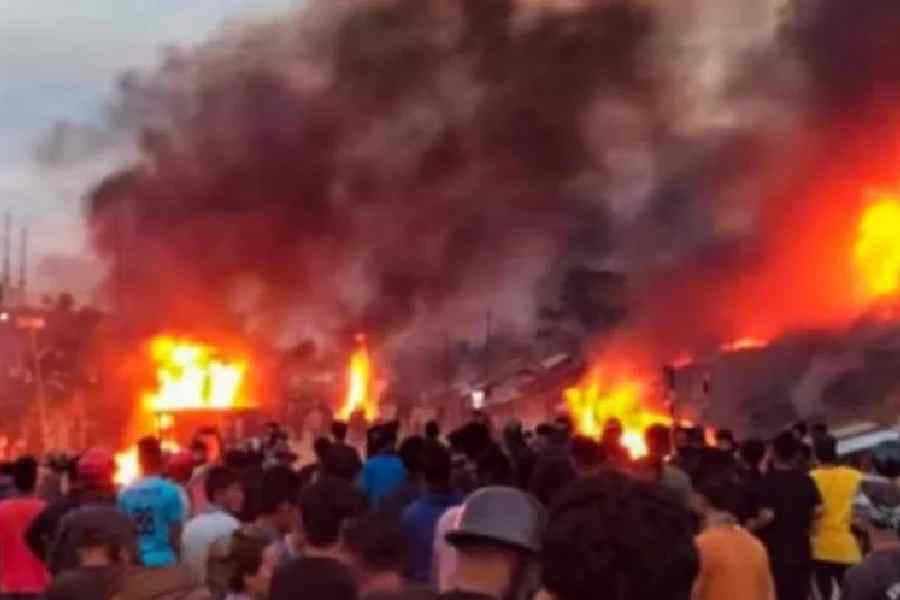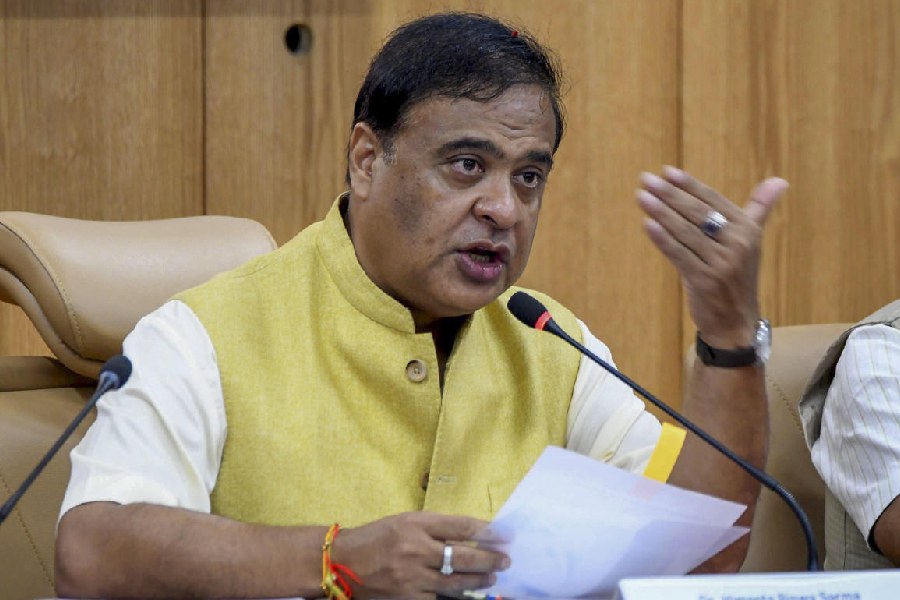The smoke from the burning cauldron of Manipur is spreading far and wide. Last week, the European Parliament adopted a resolution condemning the Indian government’s failure to bring peace to Manipur more than 10 weeks after clashes erupted there between the Meitei community, which predominantly lives in the Imphal valley, and the tribal Kukis residing in the hills. Even though European legislators are out of place passing a verdict on what ultimately is the responsibility of Indians to address, the episode — members of the European Parliament even warned that New Delhi’s trade ties with Europe could be under the scanner — underscores the mounting concerns globally over India’s deepening religious and ethnic fissures. Tensions in Manipur broke into open violence amid calls for the majority Meitei community to be given scheduled tribe status, which many among the Kukis fear would eat into the protections that they receive — from land ownership rights to quotas in jobs and education. More than 150 people have died, and thousands of homes and properties have been destroyed since then. The economy is at a standstill. The ruling Bharatiya Janata Party government in Imphal is widely seen by Kukis as biased against them. Prime Minister Narendra Modi, who has travelled to the United States of America, Egypt, France and the United Arab Emirates in this time, has not said a word about the death and the destruction suffered by his fellow Indians.
Mr Modi’s slogans of a ‘double-engine’ government — arguing that the BJP in power at the Centre and in states helps development — have proved to be hollow in Manipur. If the hissing steam from these engines sounds ominous to many in Manipur, it also adds to the growing international perception of India as a country in the grip of politically-fuelled sectarian divisions. The international concern, even censure, is not new. Several members of the US Congress boycotted Mr Modi’s address to their legislature citing his government’s human rights record, especially concerning Muslims. The US ambassador to India recently articulated concerns about the situation in Manipur. Leading human rights advocacy nonprofits continue to warn of a slide towards majoritarianism. The response of Mr Modi’s regime is illustrative. His government has accused the European Parliament of a colonial mindset. In the face of international criticism, the BJP insists that vested interests globally are targeting Mr Modi. For those in power to project themselves as victims at a time when Indians are being lynched in public and a state is in flames suggests a complete abdication of responsibility. Instead of worrying about Europe, Mr Modi and his government need to listen to Manipur.










